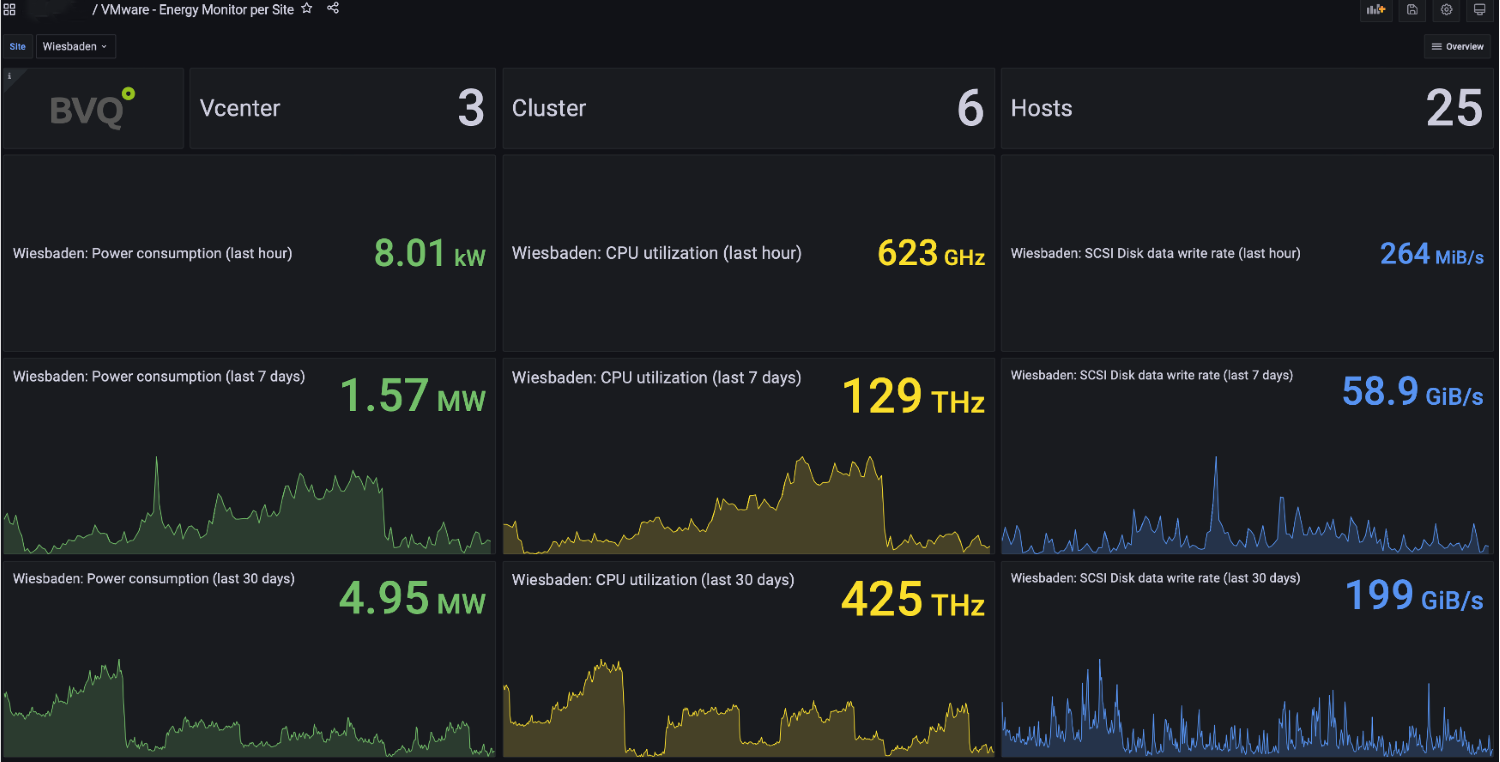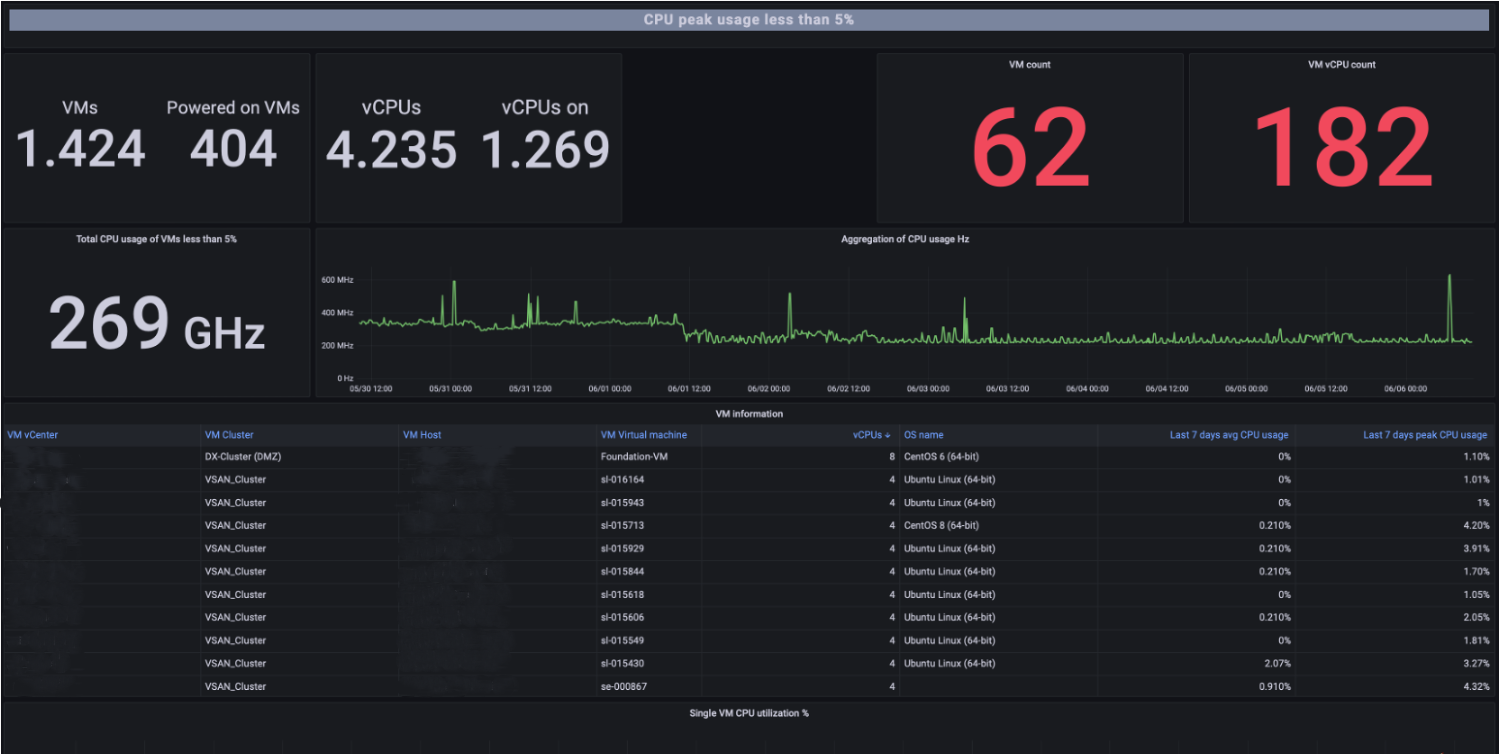"Energy Effiency first" - What now?
New challenges for the IT industry under the EnEfG
15.10.2023 - Team BVQ°
On September 21, 2023, the German Bundestag passed the new Energy Efficiency Act (EnEfG) in a revised version proposed by the Committee on Climate Protection and Energy. While the government sees the EnEfG as an opportunity for the IT sector, many affected companies are facing significant challenges. As early as 2020, data centers accounted for around 3% of Germany’s total electricity consumption. With ongoing digitalization and growing demand for future-ready technologies, this trend continues to rise. The storage and processing of large volumes of data and applications are now essential. The new legislation focuses particularly on energy consumption and waste heat from data centers to support national climate goals.
What obligations will apply?
- Expansion of energy management and audit requirements for companies, including reporting on energy consumption, waste heat usage, and cost-benefit analyses
- Implementation of economically viable energy efficiency measures within two years of evaluation
- Requirements for climate-neutral electricity supply in data centers
Who is affected?
The new regulations apply to all companies with an annual final energy consumption exceeding 2.5 GWh - including hospitals and 24/7 industrial operations. Companies exceeding 10 GWh annually must also implement an energy and environmental management system in accordance with ISO 50001 or EMAS. Waste heat from internal operations must be reduced to the technically unavoidable minimum and fully reused internally by 2028.
What can affected companies do now?
The new obligations require high transparency and visibility into internal systems, making detailed IT monitoring essential. The challenge lies in the growing complexity of IT infrastructures. Which systems exist? How do they interact? Where is energy being wasted?
Energy audits must include detailed analysis of IT power consumption. This helps identify which components consume the most power and where efficiency can be improved. A common issue: “Zombie VMs” - virtual machines that consume power without serving a purpose. Identifying and shutting them down is just one way to improve energy efficiency.
Monitoring solutions like BVQ° provide the data needed to support these legally required audits. Detailed analyses reveal optimization potential and can be compiled into custom reports tailored to EnEfG requirements.
BVQ° in practice: Excerpt from EnEfG & solutions
EnEfG Requirement
Annex 4 to §13(2) “Information obligations for data center and IT operators” includes:
- Annual electricity consumption of IT systems
- Changes in installed IT capacity and power consumption compared to the previous year
- Annual average utilization of at least 90% of installed CPUs (in %)
BVQ° Solution
BVQ° enables energy consumption metrics for VMware, PowerVM, Brocade SAN directors, and IBM Flash Storage. It also identifies optimization potential for more energy-efficient operations.
These insights can be compiled into custom reports that meet legal requirements. BVQ° dashboards visualize energy consumption trends and provide recommendations for more efficient hypervisor operation.

Fig. 1: Grafana dashboard "energy consumption"

Fig.2: Grafana dashboard "VM optimization"
Conclusion
Smart monitoring, data analysis, and reporting provide a decisive advantage in implementing the new EnEfG regulations. This reduces the effort required for energy audits and increases transparency around system health and performance. Improved visibility also supports better investment planning - e.g., in energy-efficient hardware. Most importantly, it enables significant energy and cost savings. Comprehensive monitoring can detect critical issues early - before they become serious problems. This is crucial not only for EnEfG compliance but also for avoiding costly system outages. Learn more about monitoring with BVQ° here.
Bibliography
- Drucksache 20/6872 Gesetzentwurf der Bundesregierung Entwurf eines Gesetzes zur Steigerung der Energieeffizienz und zur Änderung des Energiedienstleistungsgesetzes (bundestag.de)
- Energieeffizienzgesetz passiert auch den Bundesrat - Südwestfälische Industrie- und Handelskammer zu Hagen (ihk.de)
- Energiemanagementsysteme: ISO 50001 | Umweltbundesamt
- 17052023_policy_paper_enefg_chancen_fuer_die_rechenzentrums_und_it-branche.pdf